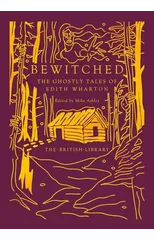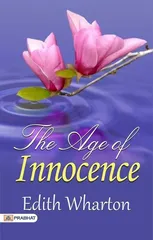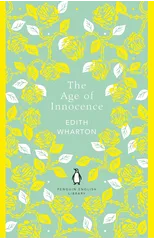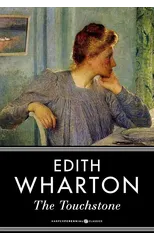Discover the nuanced and insightful world of human emotions and social dynamics with Edith Wharton's debut short story collection, "The Greater Inclination." This captivating anthology showcases Wharton's keen observational skills and literary craftsmanship, offering readers a series of compelling narratives that explore the complexities of relationships, societal expectations, and individual desires. Published in 1899, "The Greater Inclination" comprises eight short stories that highlight Wharton's early foray into the literary scene. Each story delves into the lives of characters who grapple with moral dilemmas, societal pressures, and the often conflicting demands of heart and duty. Among the standout stories is "The Muse's Tragedy," which tells the poignant tale of an aging poet and his muse, examining themes of unrequited love and artistic inspiration. In "A Journey," Wharton masterfully portrays the psychological strain of a woman traveling with her dying husband. "The Pelican" offers a satirical look at social pretensions through the life of a well-meaning but naive lecturer. "The Greater Inclination" is more than just a collection of short stories-it's a window into the intricacies of human nature and the subtle interplay between personal aspirations and societal constraints. Wharton's elegant prose, sharp wit, and deep empathy for her characters make this anthology a timeless exploration of the human condition. Join Edith Wharton on an insightful literary journey with "The Greater Inclination." With its richly drawn characters, thought-provoking themes, and masterful storytelling, this collection remains a testament to Wharton's enduring legacy as one of America's greatest writers, inviting readers to reflect on the delicate balance between ambition and moral integrity.
Edith Wharton
Edith Wharton was an American novelist known for her Pulitzer Prize-winning novel "The Age of Innocence." Her literary style was characterized by her detailed depiction of high society and exploration of societal norms. Wharton's contributions to literature include her insightful critiques of the upper class and exploration of human emotions.





